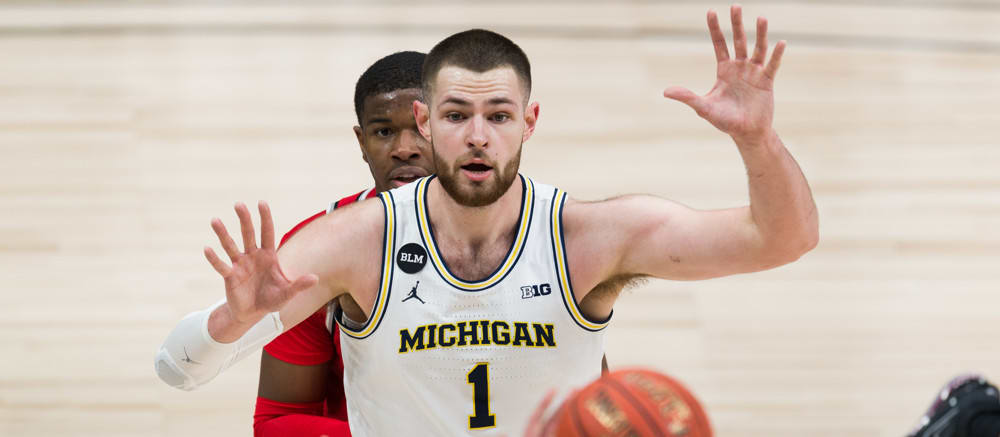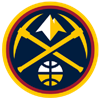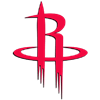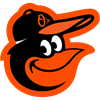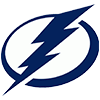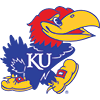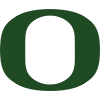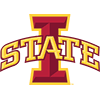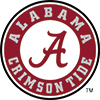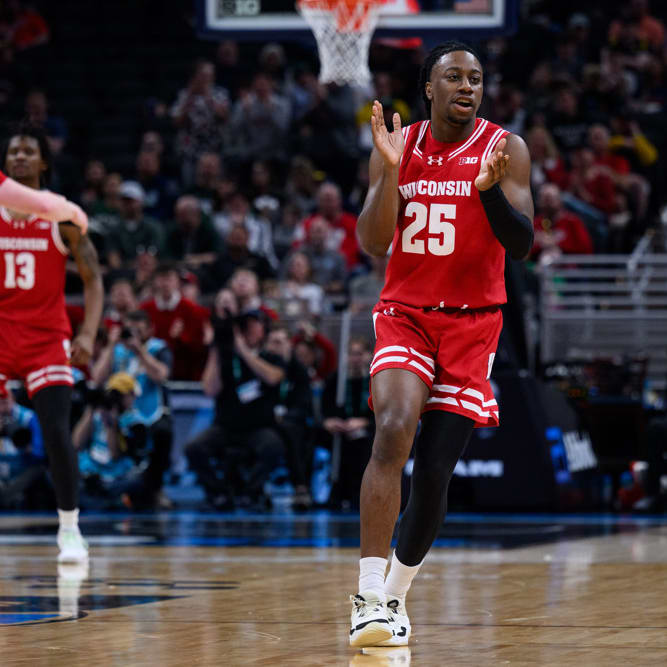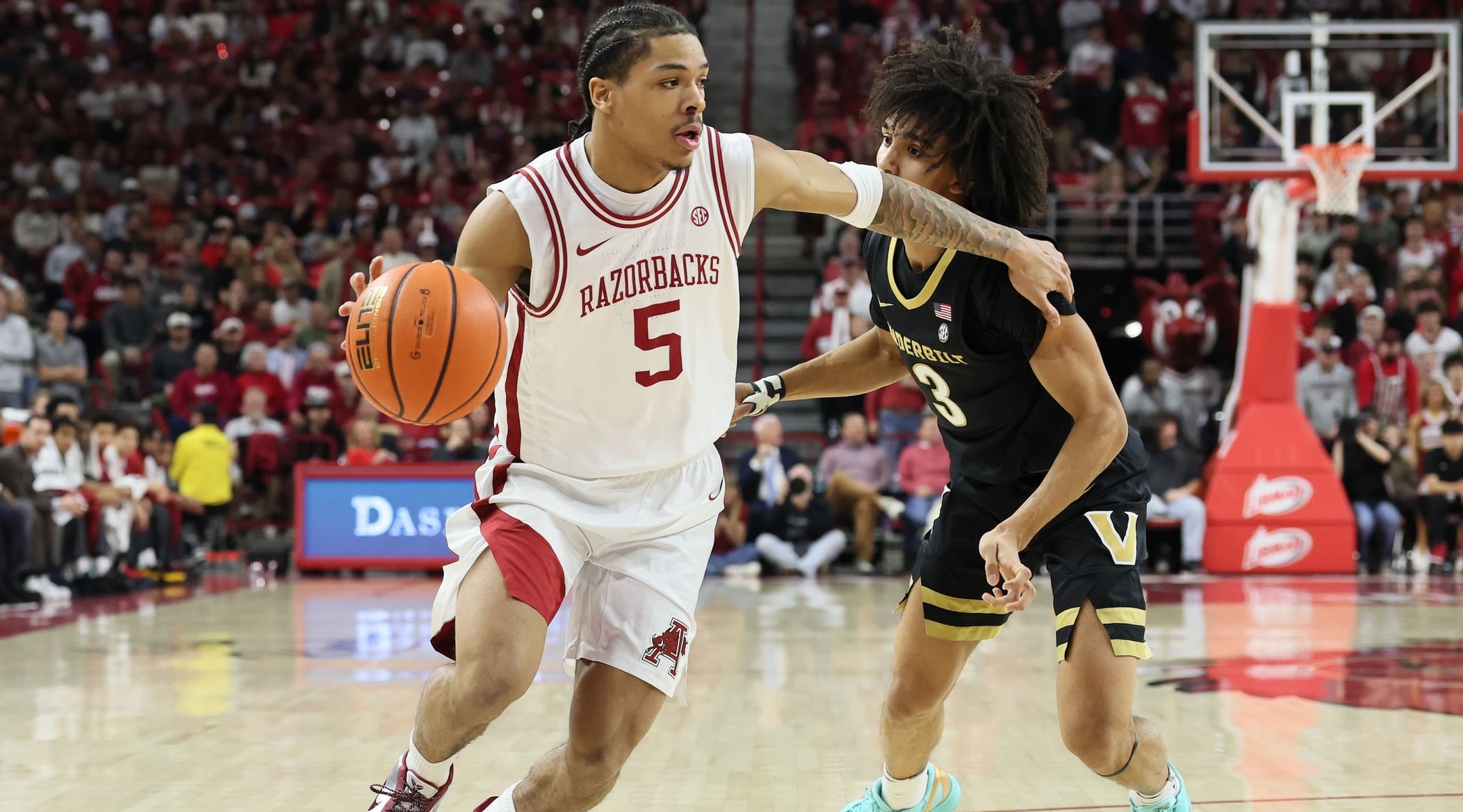East Region
West Region
Midwest Region
South Region
Site: Indianapolis, IN
Tip Off: Sunday, 5:00 pm
Three of the East's top-four seeds survived the opening weekend, with only Texas falling victim to an upset. Play-in winner UCLA rounds out this region, and it's certainly fair to question its place amongst the other three, having beat Michigan State, BYU and Abilene Christian to reach the second weekend.
Michigan, Alabama and Florida State simply did what they were supposed to do in winning two games against lower seeds. But they all did so impressively and answered plenty of questions. Michigan entered the tournament with some doubts due to the foot injury to Isaiah Livers. Alabama didn't show any let up after winning the SEC Tournament, and Florida State avenged its ugly, turnover-laden ACC Championship game loss to Georgia Tech. I'm not buying the Bruins' legitimacy, but this trio all feels capable of winning two games and reaching the Final Four.
 No. 1 Michigan vs.
No. 1 Michigan vs. 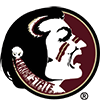 No. 4 Florida State
No. 4 Florida State
Key Matchup: Hunter Dickinson vs. Florida State's frontcourt. It's well established that the Seminoles are the biggest team in the country, ranking first in KenPom's average height metric. They're going to be able to run 7-foot-1 Balsa Koprivica, 6-foot-8, 260 pound RaiQuan Gray and 6-foot-9 Malik Osborne at Dickinson, which at worst is 15 fouls to levy on the Michigan big man. All are at least willing, if not capable, of stretching things offensively too, which will draw Dickinson out of the
East Region
West Region
Midwest Region
South Region
Site: Indianapolis, IN
Tip Off: Sunday, 5:00 pm
Three of the East's top-four seeds survived the opening weekend, with only Texas falling victim to an upset. Play-in winner UCLA rounds out this region, and it's certainly fair to question its place amongst the other three, having beat Michigan State, BYU and Abilene Christian to reach the second weekend.
Michigan, Alabama and Florida State simply did what they were supposed to do in winning two games against lower seeds. But they all did so impressively and answered plenty of questions. Michigan entered the tournament with some doubts due to the foot injury to Isaiah Livers. Alabama didn't show any let up after winning the SEC Tournament, and Florida State avenged its ugly, turnover-laden ACC Championship game loss to Georgia Tech. I'm not buying the Bruins' legitimacy, but this trio all feels capable of winning two games and reaching the Final Four.
 No. 1 Michigan vs.
No. 1 Michigan vs.  No. 4 Florida State
No. 4 Florida State
Key Matchup: Hunter Dickinson vs. Florida State's frontcourt. It's well established that the Seminoles are the biggest team in the country, ranking first in KenPom's average height metric. They're going to be able to run 7-foot-1 Balsa Koprivica, 6-foot-8, 260 pound RaiQuan Gray and 6-foot-9 Malik Osborne at Dickinson, which at worst is 15 fouls to levy on the Michigan big man. All are at least willing, if not capable, of stretching things offensively too, which will draw Dickinson out of the paint and force him to guard on the perimeter. Dickinson isn't a huge minutes guy, topping 30 for just the fifth time against LSU in the Round of 32, but he also collected nine fouls last week. It stands to reason the Seminoles will try their best to get Dickinson in early foul trouble and off the court, and if that happens, it's an uphill battle for the Wolverines.
Michigan will win IF: it stays out of foul trouble. There are a number of paths to go here, as the size disparity -- particularly on the perimeter -- is evident, and how Michigan chooses to match up and attack will be intriguing to watch. FSU has also defended the 3-ball well, allowing UNCG and Colorado to hit a combined 13-of-52 (25.0 percent), while Michigan shoots it at 38.5 percent. But with Livers out, Michigan is only going six deep. FSU meanwhile plays nine comfortably, with all of those scoring against Colorado. Michigan can lose one rotational player here, but anything beyond that and its offensive options dry up quickly.
Florida State will win IF: it protects the basketball. FSU turned the ball over 108 times in its six defeats (18.0 per game). Michigan, while incredibly efficient defensively (ninth, sixth in effective field goal percentage allowed), doesn't pressure or force mistakes often, ranking 337th in turnover percentage forced at 14.6. As such, there's no reason for the Seminoles to be coughing the ball up at the rate they are accustomed to. And giving away that many opportunities won't allow them to advance. Freshman Scottie Barnes has at least three turnovers in six straight, and while we keep hearing about his playmaking ability and NBA potential, he's yet to really flash. They'll need more, and smarter, play from Barnes.
Player to Watch: Chaundee Brown, G, Michigan. Brown erupted in the Round of 32 against LSU for a season-high 21 points, hitting 6-of-9 from the floor and 3-of-6 from long range. He's proven capable before, scoring in double-digits eight times prior. Consistency has never been Brown's forte, but he did average 12.1 ppg and 6.5 rpg at Wake Forest a year ago despite single-digit point totals in 10 of 23 games. This is the biggest stage Brown has seen, but if he can flirt with numbers similar to his production as more of an alpha in Winston Salem, it gives the Wolverines nearly identical production to that of the absent Isaiah Livers.
Bonus mention for FSU's Anthony Polite. He appears to be finding his groove finally after missing four games in late-January due to a shoulder injury. He's coming off of a career-high 22 points, and while FSU gets production from a different player every night, his emergence is giving them one more weapon.
Prediction: This game does feel like a toss-up, and Vegas appears to agree as it checks in tied with Oregon-USC for the narrowest spread, with the Wolverines 2.5-point favorites. I also doubted both of these teams last week, so don't have a great feel for this outcome. I could see FSU's size a depth wearing down Michigan. But I've already seen the 'Noles are capable of beating themselves. Michigan has 41 assists on 54 made baskets in the Dance, and that team ball will create open 3s. Pair that with some recklessness from FSU, and Michigan moves on.
 No. 2 Alabama vs.
No. 2 Alabama vs. 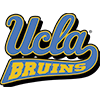 No 11. UCLA
No 11. UCLA
Key Matchup: Johnny Juzang vs. Herb Jones. It may come off lazy to simply pick the team's top players for this piece, but it couldn't be more appropriate. The Bruins go as Juzang does. He's poured in 67 of the team's 226 points (29.4 percent) during their three tournament wins, shooting 51.0 percent from the floor and 39.1 percent from 3-point range. In his previous three outings, all losses, Juzang averaged 14.1 points while hitting 44.1 percent and 25.0 percent from long range. It seems likely the Tide will put their SEC Defensive Player of the Year on Juzang and trust his length to take Juzang out of rhythm. Jones is also the conference's Player of the Year, has proven he can impact games without scoring and has elevated his efforts during the postseason (sans for foul trouble against Maryland). If he can stay on the court and limit Juzang, an upset is a tall ask for the Bruins.
Alabama will win IF: It wins the 3-point line. UCLA is 28th in the nation in 3-point percentage, hitting 37.4 percent of its attempts, having piled up 24 made in three tournament games. Alabama meanwhile defends the arch terrifically, allowing just a 28.9 percent success rate. But the Bruins don't rely on the long ball as much, with only 27.9 percent of their points coming from 3, while the Tide get 40.1 percent of their offense from deep despite connecting at a 35.5 percent clip (90th). If the Bruin can slow this game down, Alabama will need to trade a few 3s on their end for 2s on UCLAs end, putting pressure on UCLA speed things up (even if slightly) to create more possessions.
UCLA will win IF: It controls tempo. These two couldn't be more polar opposites offensively. Alabama ranks 11th in adjusted tempo, UCLA 337th. 'Bama uses its third-shortest possession length and 28th-ranked efficiency (per KenPom) to successfully convert more possessions than its opponent. UCLA knows spurts are coming, but if it tries to trade baskets with the Tide, the Bruins don't have the firepower to go toe-to-toe. The Bruins' margin for error here seems slim, and fewer chances for both sides can keep them close.
Player to Watch: Tyger Campbell, G, UCLA. We can assume the Bruins will get contributions from Jaime Jaquez and Jules Bernard. And while Campbell is more of a facilitator than a scorer, the sophomore floor general hasn't scored in double digits in eight-straight games, shooting a mere 35.4 percent. At 5-foot-10, he seems likely to struggle against the Tide's length, but for UCLA to win, it likely needs a slightly larger contribution, and Campbell can't be an albatross offensively.
Prediction: Prior to UCLA's three-game tournament run, they had lost four straight and were just 5-6 in their previous 11 games. The Pac-12 has faired well, so maybe the Bruins are more battle-tested than given credit for, but I just don't see an upset here. Alabama will use a handful of offensive bursts and late timely shooting to move on to Tuesday.


